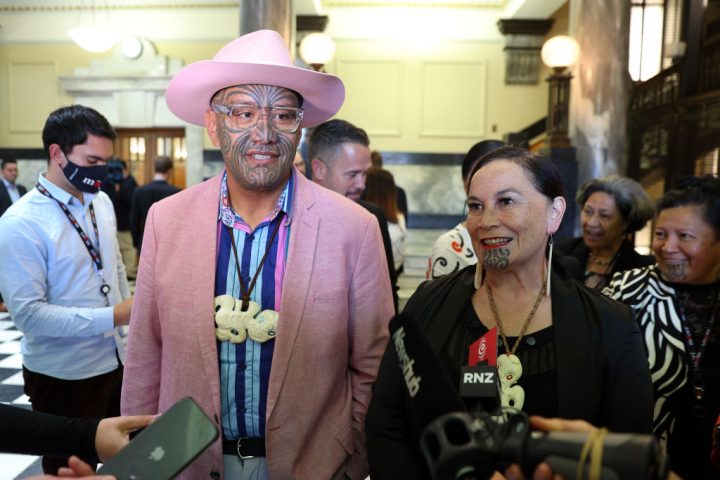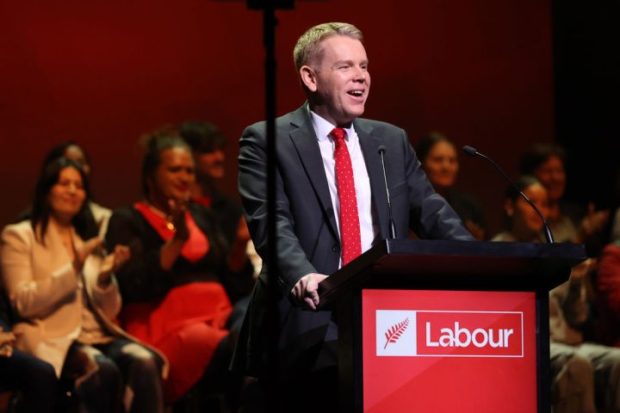The co-leaders of New Zealand’s Māori party, Te Pāti Māori, have defended their actions at the swearing-in ceremony at parliament in Wellington on Tuesday. The party’s MPs all broke with protocol by standing and giving a whaikorero (formal address) when it was their turn to be sworn in.
In their remarks, members of the party swore allegiance to the mokopuna (grandchildren) and said they would exercise their duties in accordance with Te Tiriti o Waitangi (New Zealand’s founding document, the treaty of Waitangi).
Already a subscriber? Log in
Subscribe for just $2 a week
Try a month of The Spectator Australia absolutely free and without commitment. Not only that but – if you choose to continue – you’ll pay just $2 a week for your first year.
- Unlimited access to spectator.com.au and app
- The weekly edition on the Spectator Australia app
- Spectator podcasts and newsletters
- Full access to spectator.co.uk
Or




















Comments
Don't miss out
Join the conversation with other Spectator Australia readers. Subscribe to leave a comment.
SUBSCRIBEAlready a subscriber? Log in